From Orhan Pamuk to Elif Shafak: A Journey into the World of Turkish Literature
Turkish literature has a rich and diverse heritage that spans centuries, encompassing a wide range of genres, themes, and voices. From the internationally acclaimed works of Orhan Pamuk to the thought-provoking narratives of Elif Shafak, Turkish literature has gained recognition and appreciation on a global scale. In this literary journey, we delve into the vibrant world of Turkish literature, exploring the contributions of renowned authors, the unique cultural perspectives they offer, and the significance of their works both within Turkey and beyond.
I. Turkish Literature: A Tapestry of History and Culture

Turkish literature has evolved over centuries, influenced by various historical and cultural factors. From the early epic poems of the pre-Islamic period to the rich tradition of Ottoman literature, Turkish literary heritage embodies the unique blend of Turkic, Islamic, and European influences. This section provides an overview of the historical context and cultural influences that have shaped Turkish literature into what it is today.
II. Orhan Pamuk: The Nobel Laureate of Turkish Literature
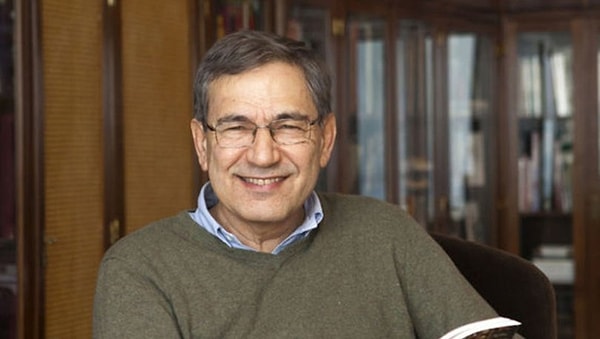
Orhan Pamuk stands as one of the most celebrated figures in Turkish literature, known for his evocative storytelling and exploration of themes like identity, memory, and history. This section delves into the life and works of Orhan Pamuk, highlighting his acclaimed novels such as 'My Name Is Red,' 'Snow,' and 'The Museum of Innocence.' We explore the impact of his writing, the international recognition he has garnered, and his significant contribution to putting Turkish literature on the global literary map.
III. Elif Shafak: Provocative Narratives and Cultural Reflections

Elif Shafak is a prominent Turkish-British writer whose works resonate with readers worldwide. She delves into complex issues such as feminism, multiculturalism, and identity, often weaving together historical and contemporary narratives. This section explores the captivating storytelling of Elif Shafak, discussing novels like 'The Forty Rules of Love,' 'The Bastard of Istanbul,' and 'Three Daughters of Eve.' We examine her unique perspective, her ability to bridge cultures, and her impact on contemporary Turkish literature.
IV. Voices of Turkish Literature: Beyond Pamuk and Shafak
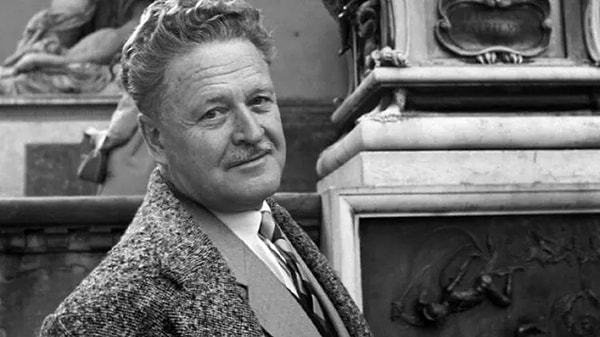
Turkish literature is a tapestry of diverse voices, and this section sheds light on other notable Turkish authors who have made significant contributions to the literary landscape. We explore the works of authors such as Nazım Hikmet, Yaşar Kemal, Sait Faik Abasıyanık, and Aşık Veysel, among others. Each author brings their distinct style, themes, and perspectives, showcasing the breadth and depth of Turkish literary expression.
V. Cultural and Social Reflections in Turkish Literature

Turkish literature offers a unique window into the country's history, society, and cultural identity. This section examines how Turkish authors tackle themes such as tradition, modernity, social change, political upheaval, and gender dynamics in their works. We explore how Turkish literature serves as a reflection of Turkish society, shedding light on its complexities, challenges, and aspirations.
VI. The Translation Journey: Sharing Turkish Literature with the World

Translating Turkish literature into other languages has played a vital role in exposing its richness to a broader global audience. This section delves into the challenges and significance of translating Turkish works, highlighting the efforts of translators who bridge the gap between cultures and bring the beauty of Turkish literature to readers worldwide.
Turkish literature not only serves as a source of entertainment but also offers a profound understanding of Turkish history, culture, and society
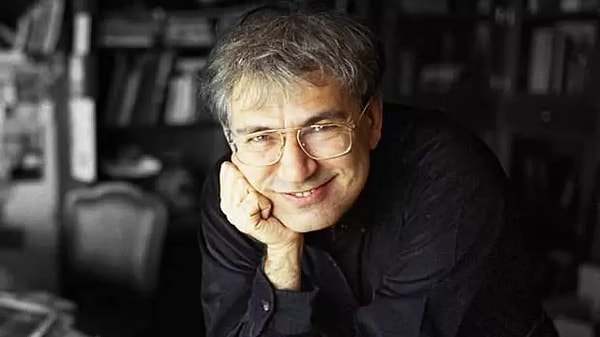
It provides a platform for authors to delve into pressing issues, challenge societal norms, and shed light on the diverse facets of Turkish identity. Through their works, Turkish authors navigate the complexities of tradition and modernity, tackle social and political realities, and examine the intricate dynamics of human relationships.
The works of Orhan Pamuk have garnered international acclaim, and his novels have been translated into numerous languages. His writing often explores the concept of individual and collective memory, intertwining personal narratives with historical events. Pamuk's evocative prose and ability to transport readers into the heart of Istanbul have solidified his place as a literary icon not only in Turkey but around the world. His Nobel Prize in Literature in 2006 further cemented his status as a literary luminary.
Elif Shafak, on the other hand, offers a unique perspective as a Turkish-British writer.

Her novels blend Eastern and Western influences, grappling with themes of identity, multiculturalism, and feminism. Shafak's ability to seamlessly intertwine multiple narratives and perspectives captivates readers and prompts them to reflect on contemporary social issues. Her works challenge cultural stereotypes and shed light on the complexities of being a Turkish woman in a rapidly changing world.
While Pamuk and Shafak have undoubtedly made a significant impact, Turkish literature extends far beyond their works. Authors like Nazım Hikmet, a celebrated poet and playwright, have left an indelible mark on Turkish literature. Hikmet's poetry often expressed his political activism and his commitment to social justice. His works resonate with readers through their raw emotion and powerful imagery.
Yaşar Kemal
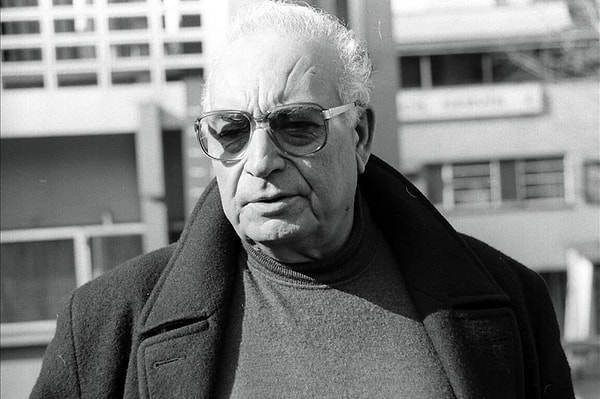
The novels of Yaşar Kemal, known for his vivid portrayal of rural life in Turkey, provide readers with a glimpse into the struggles and aspirations of the marginalized and oppressed. His powerful storytelling and realistic depiction of the human condition have made him one of the most widely read and influential authors in Turkish literature.
Sait Faik Abasıyanık

Sait Faik Abasıyanık, considered one of the greatest Turkish short story writers, captures the essence of daily life in Istanbul through his poignant and lyrical narratives. His ability to portray the beauty and melancholy of the city has earned him a dedicated readership and critical acclaim.
Aşık Veysel
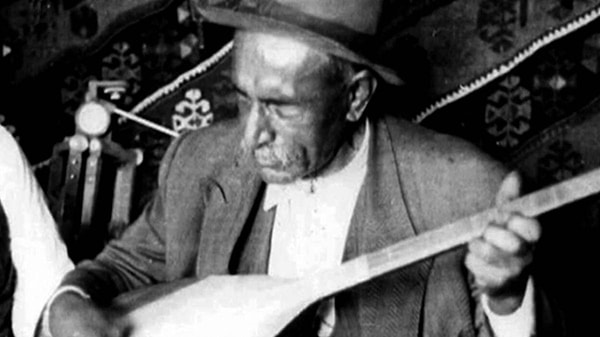
Aşık Veysel, a renowned Turkish folk poet and musician, is revered for his soul-stirring lyrics and deeply emotive songs. His contributions to Turkish music and poetry have left an indelible mark on the cultural landscape, and his words continue to resonate with audiences today.
Beyond these notable figures, Turkish literature encompasses a vast array of voices, genres, and themes.
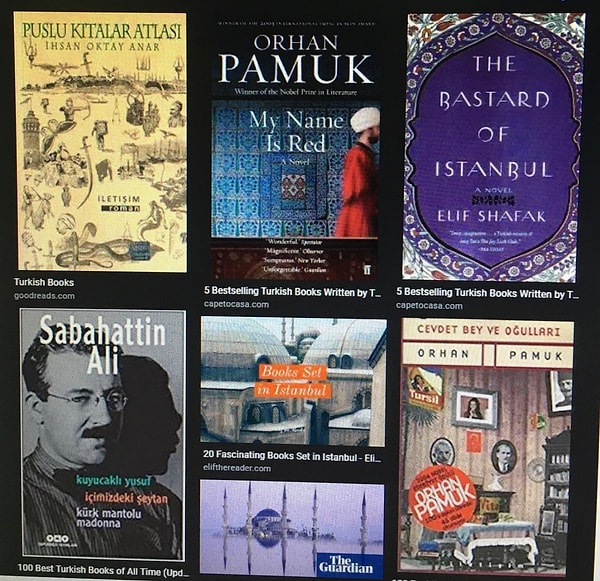
It reflects the diverse experiences and perspectives of Turkish society, shedding light on the nation's history, traditions, and ongoing social transformations.
Who is your favorite Turkish writer? Tell us in the comments!
Keşfet ile ziyaret ettiğin tüm kategorileri tek akışta gör!


Send Comment